Summer is here in a big fashion. The air waves are packed with heat and no doubt the one place this is making feel uncomfortable is in the cabin of your car. Good air conditioning system is the obvious answer.
Obviously like all of your vehicle’s systems, air conditioning is no different. Use it in a conservative, careful way and you can prolong its lifespan, use it without forethought and you could find yourself with a new purchase on your hands sooner than you think.
To help you get the most out of your air conditioning system for many years, you can find some of motoring’s best tips in our easy to use guide.
Continue reading →
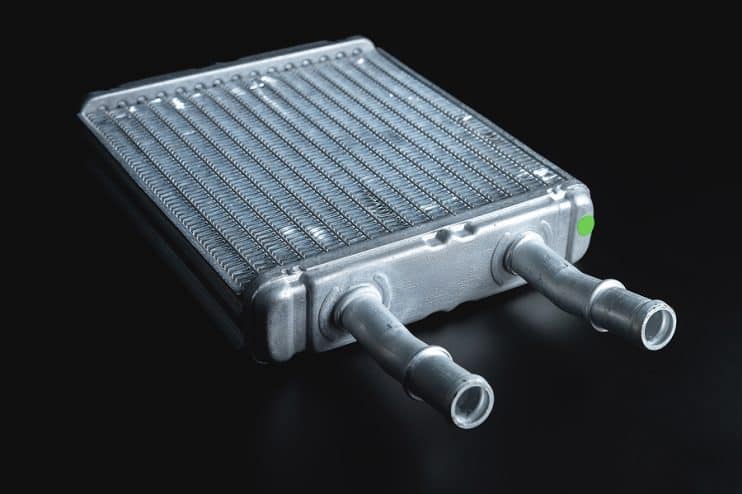

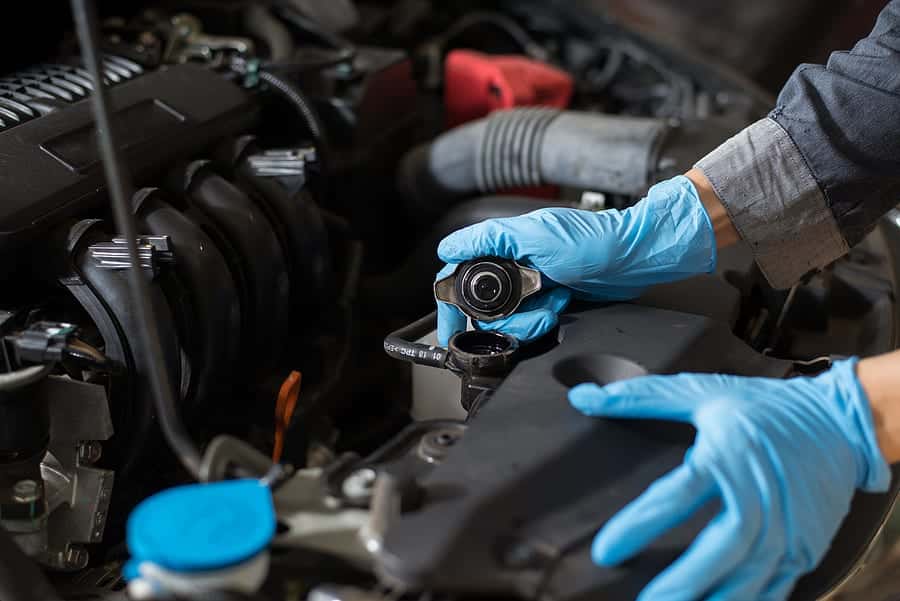
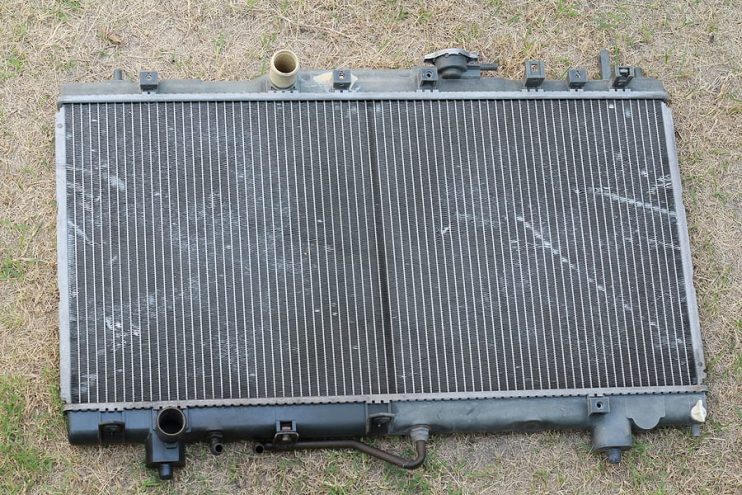
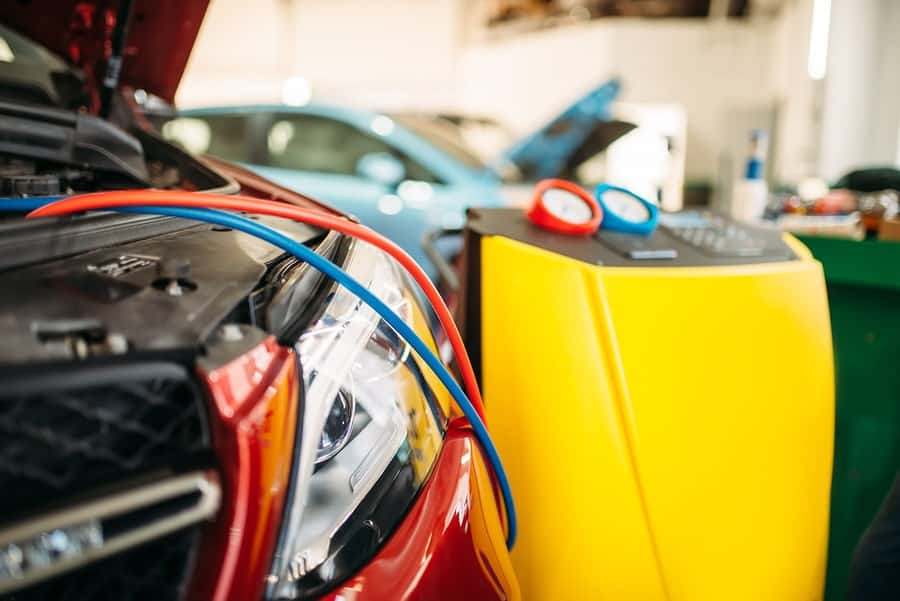

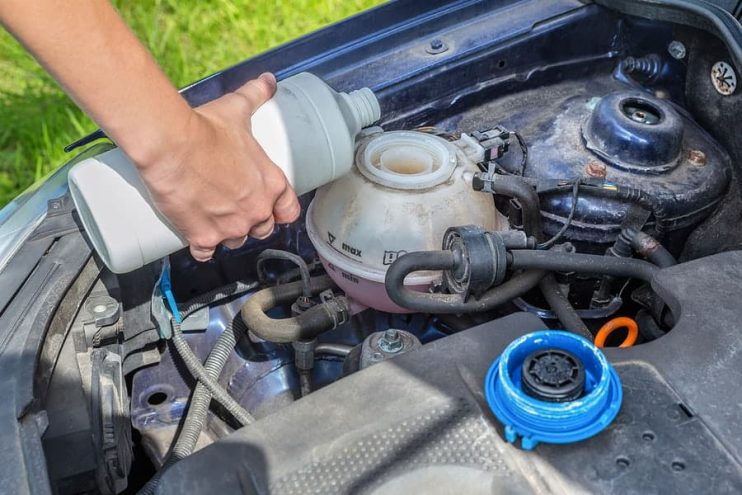 As you might have guessed by the name, coolant or anti-freeze plays a vital role in your car’s
As you might have guessed by the name, coolant or anti-freeze plays a vital role in your car’s 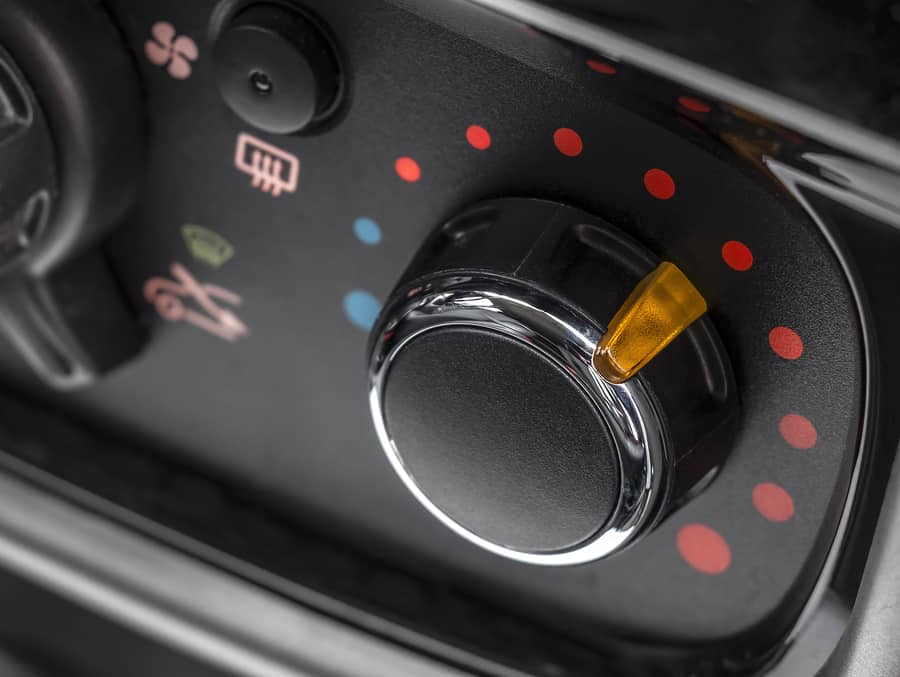
.png)